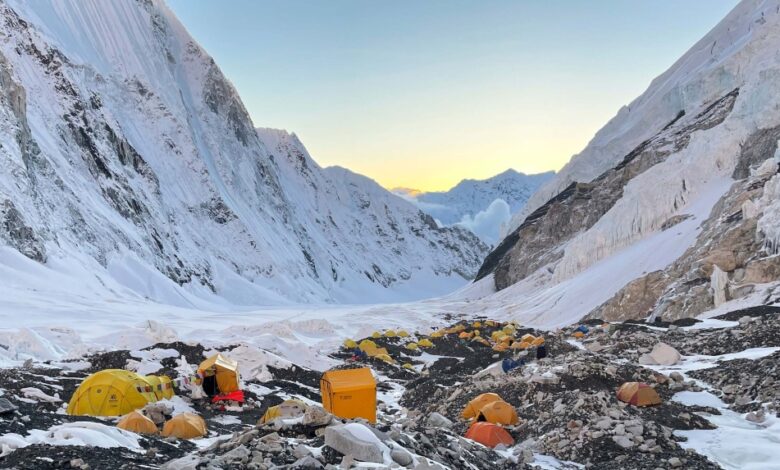Mount Everest: Climbers need to bring excrement down with them

Oxygen? Check. Crampons? Check. Poop bags? … Check.
Those hoping to climb Everest this year will have to make some slight adjustments to their packing list, as new rules now mandate that climbers bring their excrement down with them from the world’s highest peak, in a bid to tackle pollution.
Most people who attempt to climb the 8,849-metre (29,032-foot) Mount Everest do so via Nepal, paying US$11,000 apiece just for the climbing permit.
With gear, food, supplemental oxygen, Sherpa guides and more, it costs upward of $35,000 to take on the mountain.
But the world’s highest peak has a poop problem, driven by the number of visitors, and the harsh conditions on the mountain, which interfere with the degradation process.
“The problem of human waste on Everest was very bad,” Diwas Pokhrel, first vice-president of Everest Summiteers Association, told CNN, adding that at the mountain’s highest points, it was “polluting the mountain environment.”
Without the new rules, the poo problem was highly likely to get worse: Last year, Nepal gave out a record 478 climbing permits to climb the peak. Twelve climbers were confirmed to have died on the mountain, while another five remain officially missing.
Jinesh Sindurakar of the Nepal Mountaineering Association told CNN that an estimated 1,200 people will be on Everest this season.
“Each person produces 250 grams (8.8 ounces) of excrement a day and they will spend 2 weeks on the higher camps for the summit push,” Sindurakar explained, adding that each climber will be given two poop bags, which can each be used six times.
The bags contain chemicals to solidify the human waste and make it odourless, Sindurakar said, and Nepal’s Khumbu Pasanglhamu Rural Municipality will issue some 8,000 bags this season.
Efforts to reduce the impact of tourism on the Himalayas have stepped up, with 35,708 kilograms of waste and plastics removed from peaks including Everest, Lhotse, Annapurna and Baruntse through an initiative led by the Nepali Army, according to the Himalayan Times.




